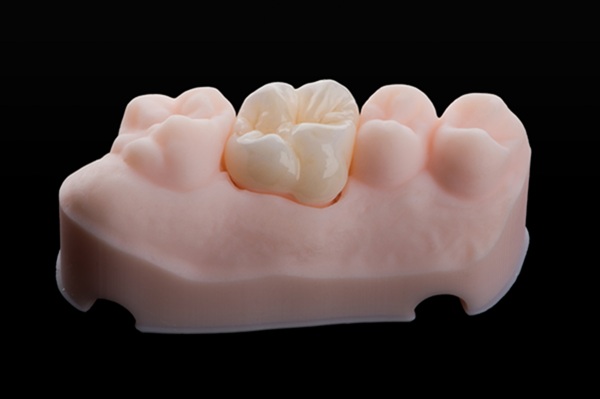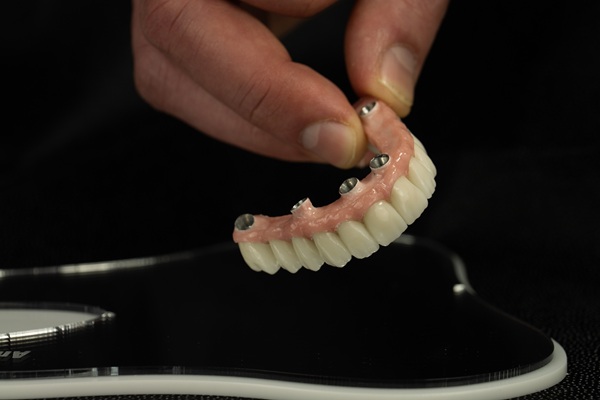Dental Crowns Play an Important Role for Your Teeth

Dental crowns perform a vital role in many dental procedures. It is one of the most popular modern dental restoration techniques. The dental crown mimics the upper portion of the tooth, protecting the structure above the gum line. If the tooth suffers structural impairment, infection or cosmetic problems, a dental crown can restore the functionality and appearance of the tooth.
Not many restorations have the versatility of dental crowns. Dentists typically use them to solve many dental issues: to strengthen the teeth, shield them or enhance their appearance. If you want a practical solution with optimal protection, look no further. Thanks to dental crowns, most challenges can be fixed.
Essential roles of dental crowns for teeth
Dental crowns protect the teeth
The crown is a “cover” that surrounds the exposed area of the tooth. Though metal material can be used, many patients prefer to have their crowns made from ceramic or porcelain (for anterior tooth restorations) or porcelain fused to metal (for back teeth). Dental crowns ensure that the tooth is adequately protected after suffering damage because no force or pressure comes directly in contact with the tooth once the crown is in position.
This makes dental crowns the preferred restoration if the tooth chips or cracks in an accident. This procedure is necessary because the longer the injury stays exposed, the higher the chances of bacterial invasion, leading to infection, discomfort and further complications.
Crowns are also an excellent option for people with eroded enamel. If the enamel has degraded due to age, diet choices, poor dental care or aggressive brushing, tooth sensitivity will occur. Although the tooth will appear normal, you will experience severe discomfort when you consume cold or hot items.
Improve tooth appearance
Dentists use crowns to improve the teeth’s appearance. They perform a crucial role in tooth restoration. Here are some of the most common situations where dentists recommend dental crowns.
To crown the tooth after a root canal: A root canal procedure entails cleaning out all the pulp and nerves in the tooth; these keep the tooth alive. Once the nerves and pulp are gone, the tissue in the tooth will dry out, and the tooth will become brittle. The dentist has to fill up the space and cover the tooth with a crown to fortify it.
To cover a dental implant to replace lost tooth: Crown placement is the final stage of the dental implant procedure. The implant functions as the tooth root, and the crown restores normal tooth functions.
Other situations where dentists recommend dental crowns are:
- To keep a dental bridge in position
- To mask a stained or discolored tooth
- To repair the biting surface of a tooth
Final note
Although dental crowns are useful for correcting many problems, they may not be a suitable standalone option for your condition. Consulting with your dentist regarding your dental issues is the best way to know if getting a dental crown is the best restoration for your tooth.
Request an appointment here: https://www.tucsonazdentistry.com or call Advanced Family Dentistry at (520) 353-3002 for an appointment in our Tucson office.
Check out what others are saying about our dental services on Yelp: Dental Crowns and Dental Bridges.
Recent Posts
Many are familiar with ceramic and metal crowns but may be less familiar with the unique advantages of zirconia crowns for repairing damaged teeth. This review highlights and answers frequently asked questions about zirconia crowns to help you decide if they may be the right type of dental restoration for you.Common questions that patients have…
Same day crown technology has made it possible for patients to get a crown over a tooth on the same day as their dental appointment. Crowns, commonly known as "caps," can treat a broad range of dental problems. They are used to treat decayed parts of teeth, replace a missing tooth as part of a…
Patients considering dental crowns may have concerns regarding the recovery period following the procedure. Fortunately, the typical recovery period is relatively quick and involves minor inconvenience. Most risks and complications resulting from the procedure are comparable to those of most dental procedures and therefore require similar precautions.The placement of dental crowns involves two stages, each…
A cosmetic dentist can use a dental crown to improve your dental health. A tooth with severe decay or discoloration can be depressing. The infection could reach the pulp at any time. Placing a custom-fit dental crown can protect your tooth from further damage and injury. If you want to know more about the steps…


